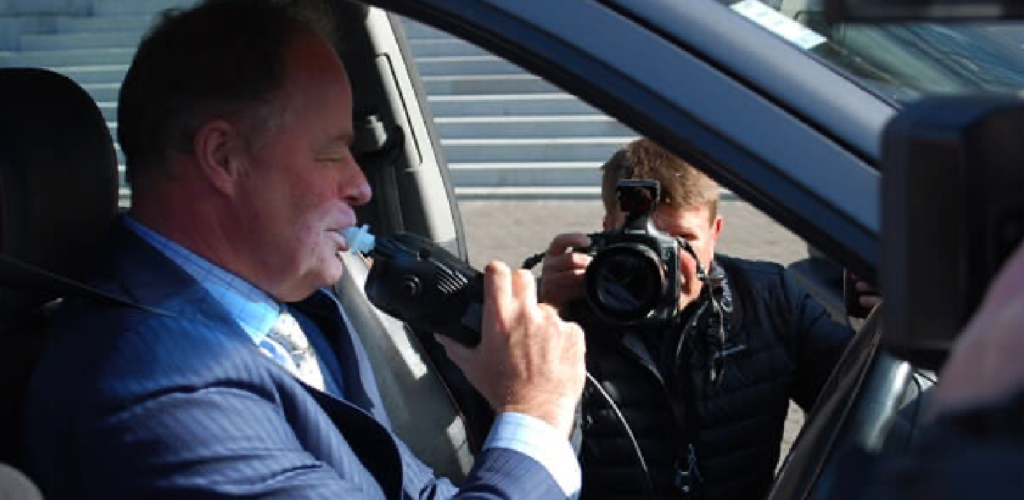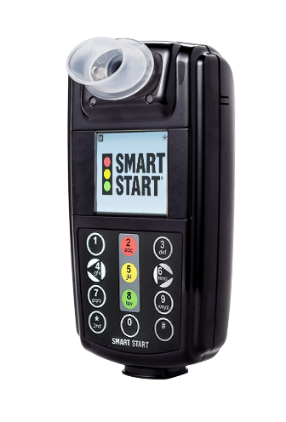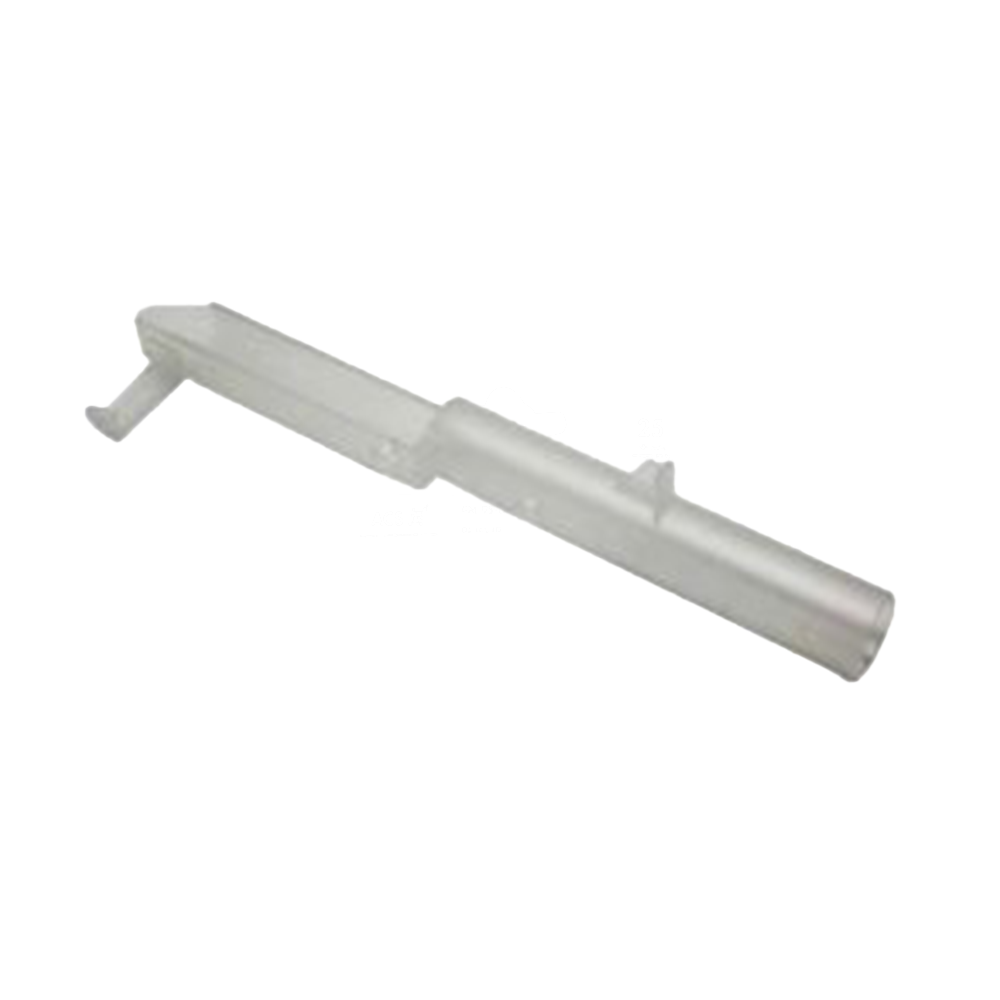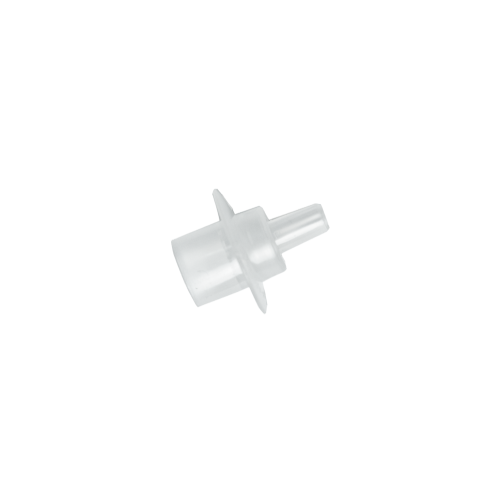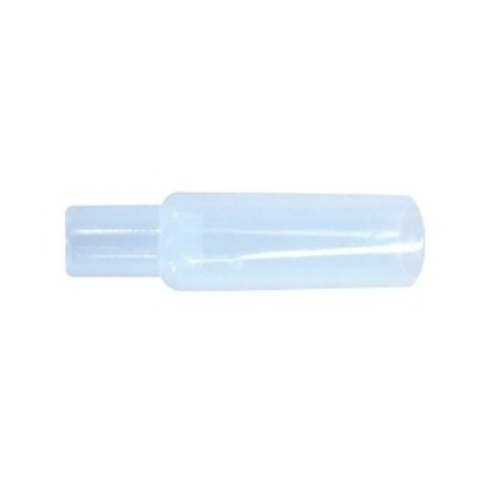Resource from the Past
We sent this guide out to customers in March 2020, right in the midst of the first lockdown. The urgency has abated now, but Covid-19 is still a consideration and alert levels can change at any time.
If this happens, we hope this guide will be useful!
Before a Drug Test
> Remove excess items from the testing environment.
Remove unnecessary items from the room to prevent needing to wipe them down after each test. Consider removing magazines, books, extra chairs, waiting room tables, etc.
> Place disposable sheets on surfaces.
Use absorbent spill sheets to cover areas where test devices will be sitting during the course of the test. These will catch and retain liquid, for disposal after the test is completed.
➝ Use the Sober Check Spill Sheets, available in packs of 10 from Sober Check.
> Put disposable gloves on.
Use a new pair of disposable gloves with each test. Ensure the disposable gloves are certified to prevent microbial and chemical penetration.
> Check the donor is safe to proceed with the test.
Have a conversation with the donor before proceeding with testing – ask them if they:
● Are experiencing flu-like symptoms (high temperature, sore throat, cough, runny nose) AND
● Have been in contact with anyone diagnosed with, or in quarantine for, Covid-19, or
● Have been in countries with high levels of Covid-19 transmission recently.
Place a sign on the door asking the donor not to proceed if they have a combination of the above.
If these are a risk factor, contact the company requesting the test and coordinate the next steps with them.
During a Drug Test
> Don’t touch your eyes or face with unwashed hands at any point while testing.
Covid-19 transmission occurs mostly through the mouth, nose or eyes. Don’t touch your face to avoid possible infection.
Keep a box of tissues nearby to use if you need to touch your face.
> Ask the donor to carry out as much of the collection process as possible.
Consider which parts of the collection process you can ask the donor to do, to reduce contact: e.g. selecting the test device, opening the packet, collecting the sample, potentially even running the test depending on the difficulty of this.
> Maintain a reasonable but safe distance between yourself and the donor where possible.
Increased distance lessens the chances of infection. However, Covid-19 can travel up to 4.5 metres from an infected person, so it’s important to take other precautions.
After a Drug Test
> Wipe surfaces with an antiviral wipe.
Covid-19 can last on surfaces for up to 3 days, so it’s important surfaces are wiped down with an antiviral wipe after each test. Consider doorknobs, desk tops, sinks, tap handles, soap dispensers, toilet seats, pens, and other surfaces the client may have been in contact with.
> Dispose of used tests, gloves, sheets and wipes responsibly and safely.
Use a separate rubbish bag for used tests, gloves, spill sheets and antiviral wipes. Seal this bag after testing is finished, and discard.
> Wash your hands with soap and water.
Wash your hands often with soap and water for at least 20 seconds after a test. If soap and water are not readily available, use a hand sanitizer that contains at least 60% alcohol. Cover all surfaces of your hands and rub them together until they feel dry.
